| Khanh Hoa : Connecting supply and demand, promoting agricultural products, OCOP products Agricultural products from many localities will meet in the capital |
There is still a lot of market space.
The Middle East - North Africa region is a potential market with a population of nearly 500 million people with high demand and spending on imported agricultural and aquatic products that Vietnamese enterprises have strengths in such as: aquatic products, rice, tea, pepper, star anise, cinnamon, cashew, vegetables, fruits and processed foods. With harsh natural conditions, not suitable for agricultural development to meet domestic demand, this is a market with much room for Vietnamese export enterprises to promote exploitation of potential in the coming time.
However, the promotion of Vietnamese agricultural products in the region currently faces many difficulties including differences in language, culture, legal systems and business practices; Vietnam's trade and distribution network in the region is still limited; logistics costs are still high...
Statistics show that in the first 10 months of 2023, Vietnam's export turnover to the Middle East increased by 4%, to North Africa by 9.4%. Agriculture, forestry and fishery products are still the main export items to this market; of which, coffee exports to Algeria reached more than 116 million USD, up 67% over the same period last year; seafood to Saudi Arabia increased by 36.4%; cashew nuts to the UAE increased by 59.9%; Egypt increased by 58.7%; tea to Iraq increased by 48.7%; rice to Türkiye increased by 3 times.
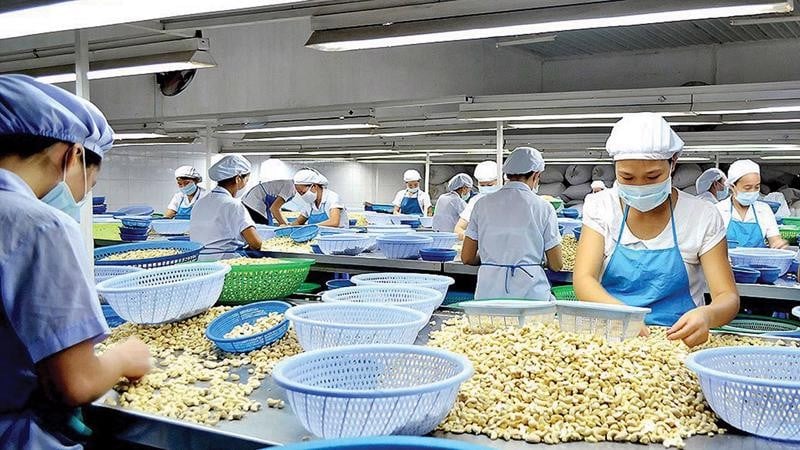 |
| Cashew nuts are one of the agricultural products Vietnam exports to the Middle East market - Illustration photo |
At the seminar "Improving the effectiveness of promoting Vietnamese agricultural products in the Middle East - North Africa region", Mr. Bui Ha Nam - Director of the Middle East - Africa Department (Ministry of Foreign Affairs) said that the world economy in 2023 continued to face difficulties, which significantly affected Vietnam's import and export situation. In that context, the markets of the Middle East - North Africa countries emerged as a bright spot in Vietnam's trade picture with the world.
Enterprises find it difficult to export to this market because Algeria restricts imports, so import taxes are very high. Providing more information on this issue, Vietnamese Ambassador to Algeria Tran Quoc Khanh said that if enterprises want to export to Algeria, they need to change their mindset from export to cooperation.
Mr. Khanh explained that when processed export products are exported to this market, it is difficult to compete with European goods due to long transportation costs. Enterprises should consider on-site processing, taking advantage of the strengths of the neighboring market when Algeria has competitive electricity prices, land, and support from the Algerian Government, while avoiding Halal technical barriers. In addition, enterprises should participate in trade promotion activities such as international exhibitions in Algeria every year, enterprises from African countries or some European countries such as France, Italy, etc. also participate, however, Vietnamese enterprises are almost not interested.
Strengthen market information work
Ms. Hoang Thi Bich Diep - Head of Trade Promotion Department, Vietnam Organic Agriculture Association said that Vietnamese enterprises currently still lack information on partner markets, legal regulations as well as customs of host countries, leading to a sense of apprehension. Along with that, the limited logistics network in the region also prevents enterprises from choosing to export to this market.
In addition, in the matter of Halal certification, the level of compliance with the certification in this market is still limited. Accordingly, the requirement in this context is to have a working group to respond quickly and develop the market, with the aim of providing market forecast information regularly and earlier. Thanks to that, domestic enterprises promote production linkages, reduce costs, produce according to requirements and create a synchronized chain from production to logistics for export.
At the same time, according to Ms. Diep, it is also necessary to create a market information channel through coordination between domestic organizations and overseas Vietnamese to build a network of collaborators. Support the logistics network for export
To promote agricultural products, experts say, first , further promote trade promotion activities, participate in international fairs and exhibitions to promote agricultural products in the region. Trade promotion activities need to be organized with focus, key points, better grasp the needs and tastes of the market, exploit the potential well, effectively, in accordance with the capabilities of the locality and businesses.
Second, take advantage of available resources and systems on the spot such as representative agencies, trade agencies of Vietnam, supermarket systems and restaurants in the region to display and introduce agricultural, forestry and fishery products in the most intuitive way to consumers; combine direct promotional activities with online promotional activities, and participate in major e-commerce platforms in the world and the region.
Third , coordination between state management agencies, localities, associations and enterprises not only in the field of agricultural, forestry and fishery exports but also in related fields such as transportation and logistics to maximize resources and support each other for development.
Along with that, localities, agricultural export enterprises and logistics need to coordinate more closely and regularly with the Ministry of Foreign Affairs, as well as Vietnamese representative agencies in determining priority products for promotion, ways to organize display models; proactively provide samples and information documents introducing suitable products regularly and long-term.
Source link



![[Photo] Prime Minister Pham Minh Chinh chairs the meeting of the Government Party Committee Standing Committee](https://vstatic.vietnam.vn/vietnam/resource/IMAGE/2025/8/23/8e94aa3d26424d1ab1528c3e4bbacc45)



![[Photo] General Secretary To Lam attends the 80th Anniversary of the Cultural Sector's Traditional Day](https://vstatic.vietnam.vn/vietnam/resource/IMAGE/2025/8/23/7a88e6b58502490aa153adf8f0eec2b2)

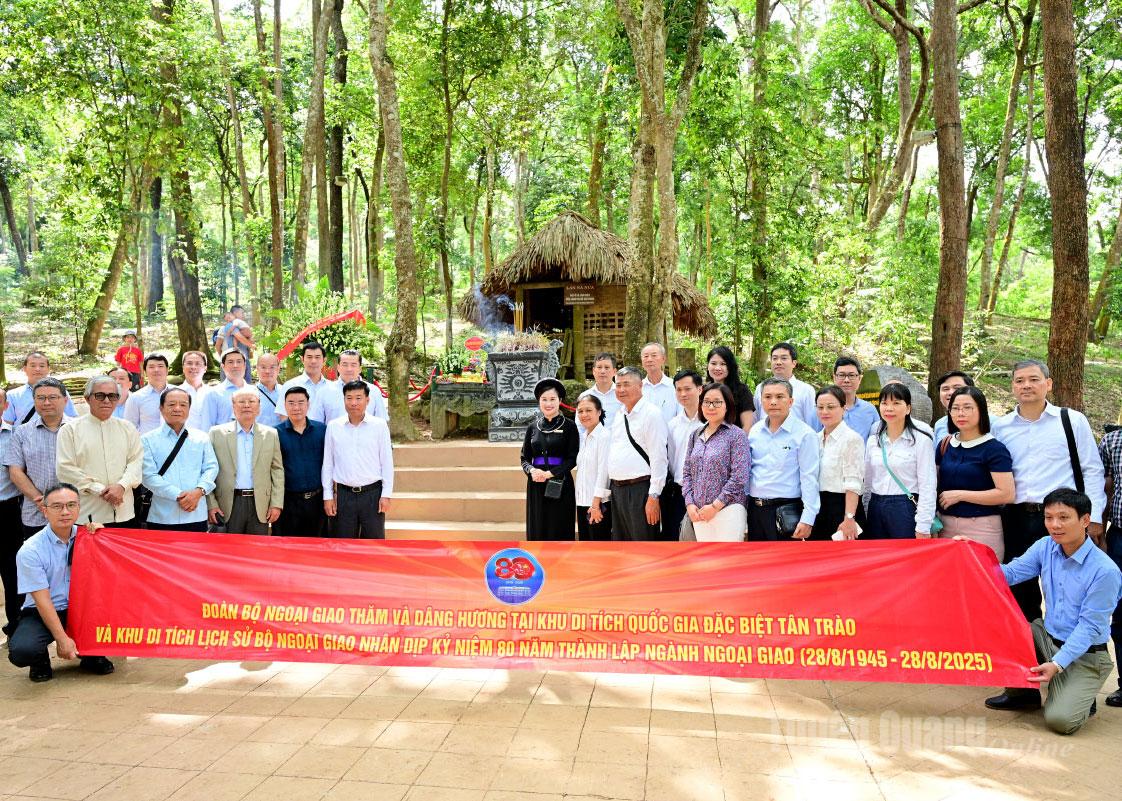






![[Infographic] What are the results of Dong Nai's economic targets in the first 7 months of 2025?](https://vstatic.vietnam.vn/vietnam/resource/IMAGE/2025/8/13/7eb7ddfee06945849b664c6e654b4df7)


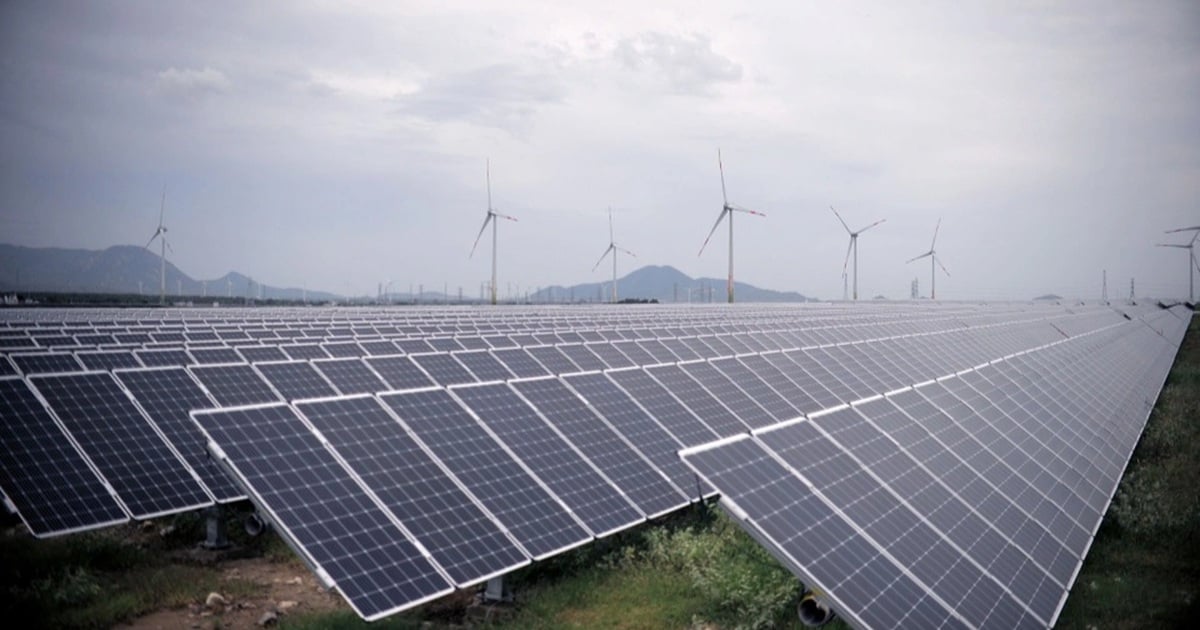



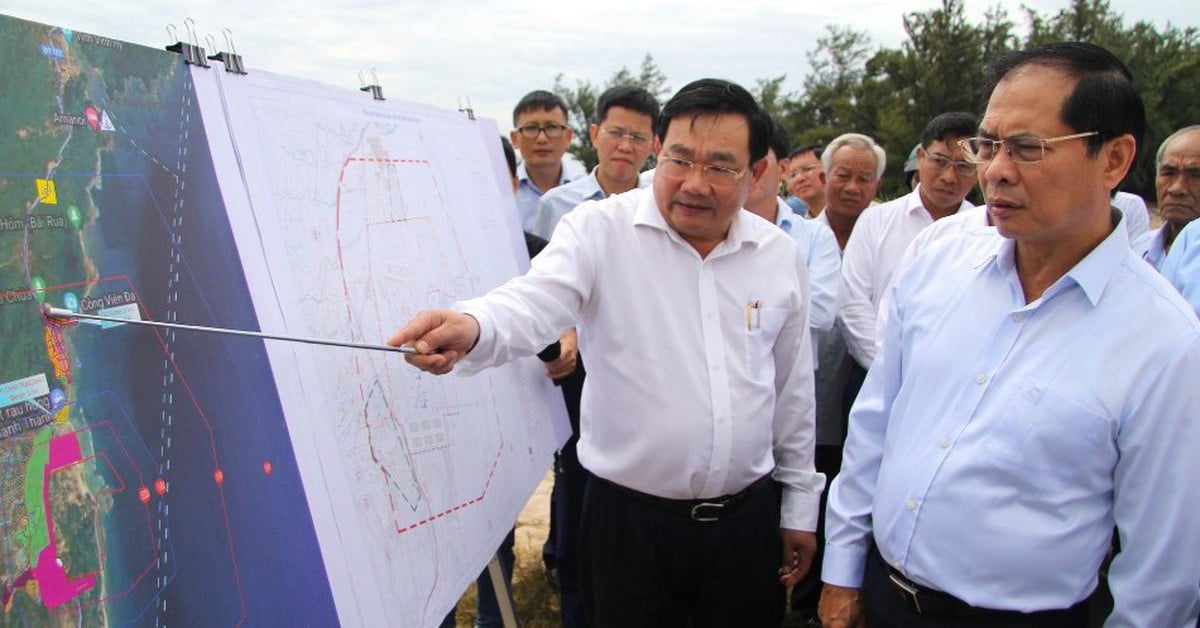

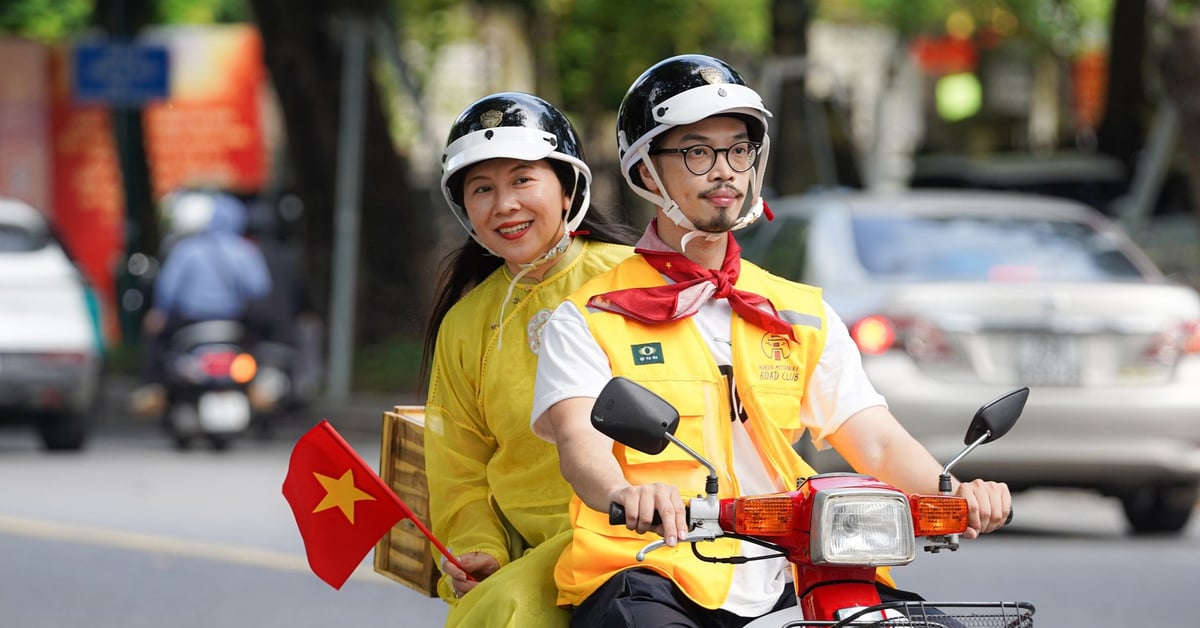


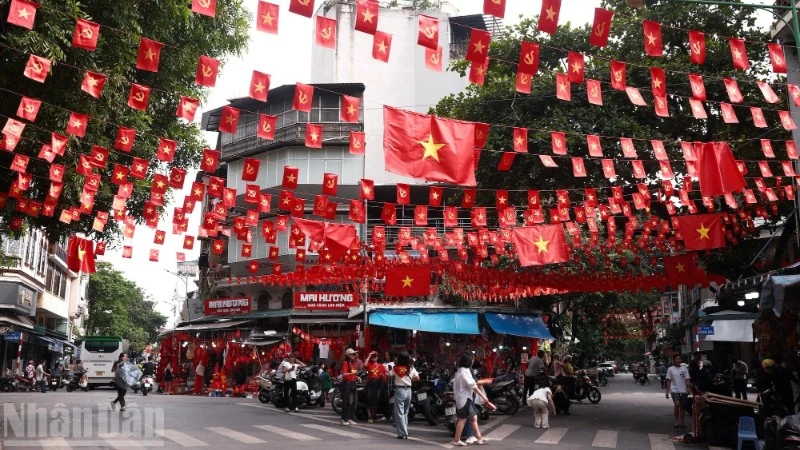




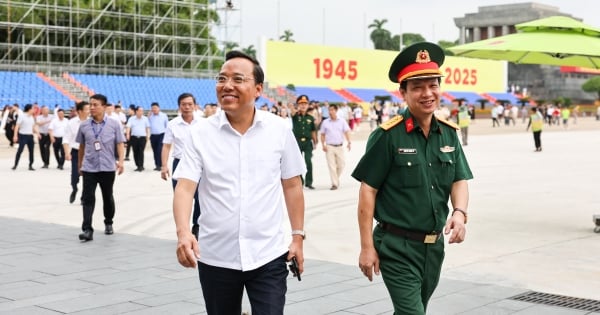

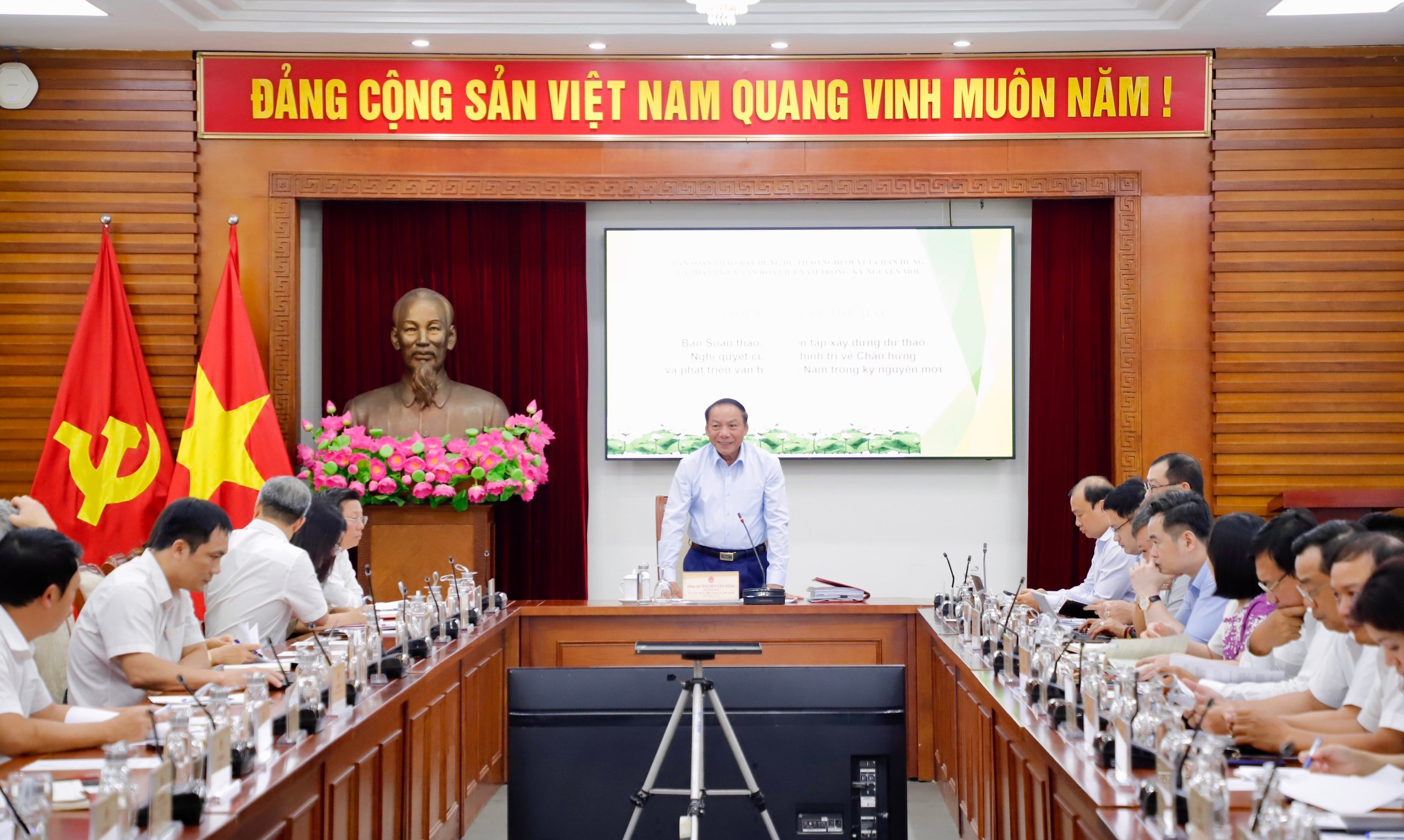
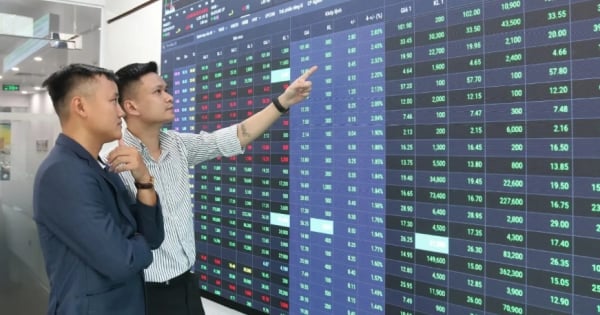








































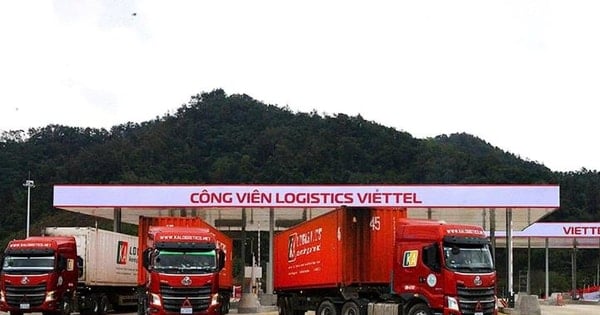


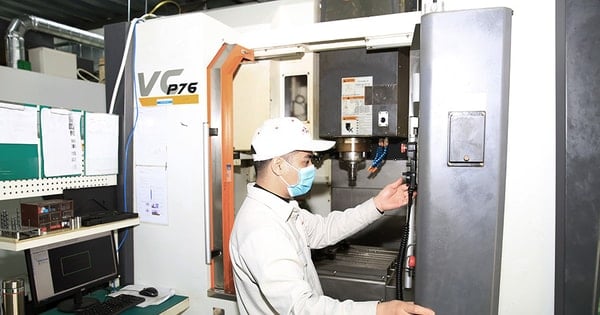
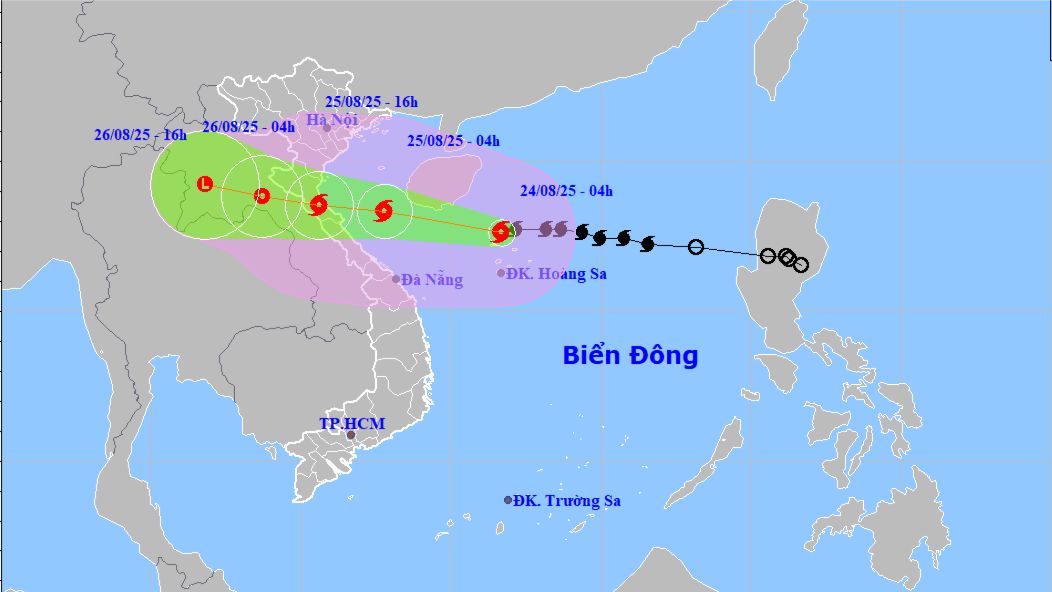



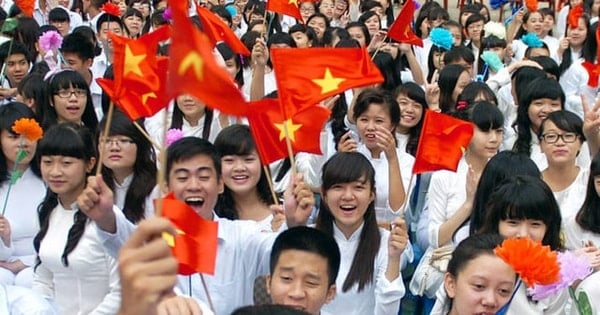















Comment (0)